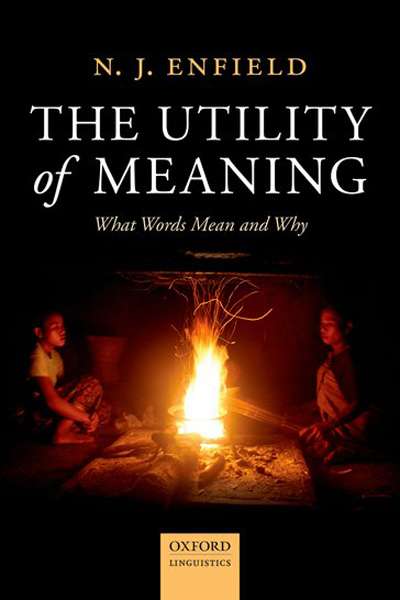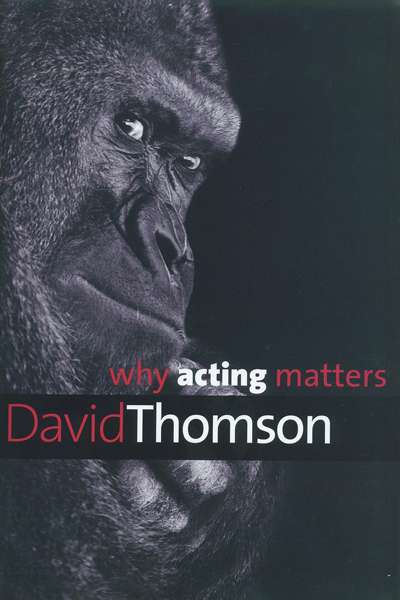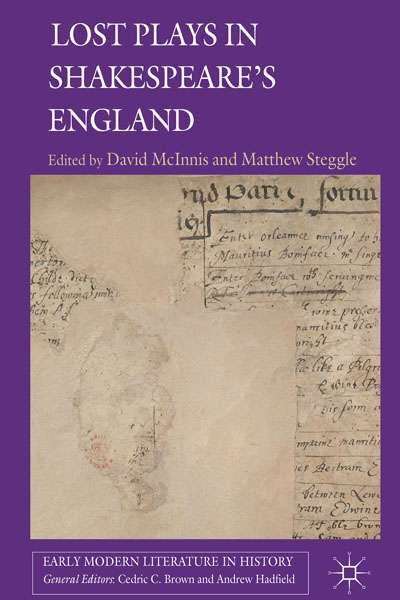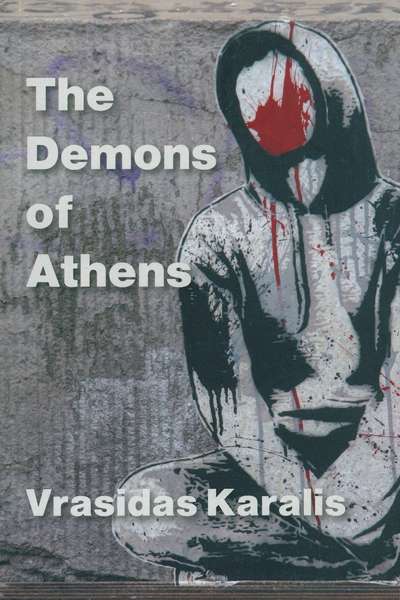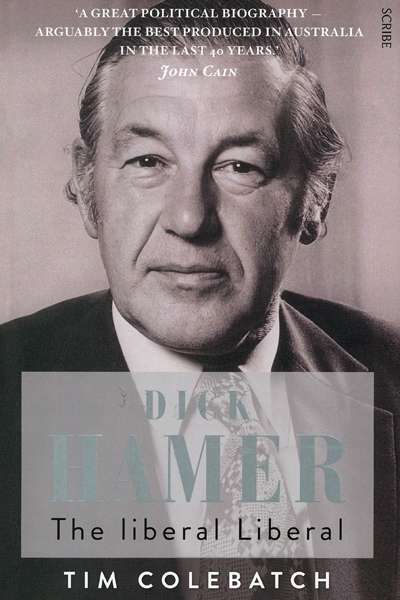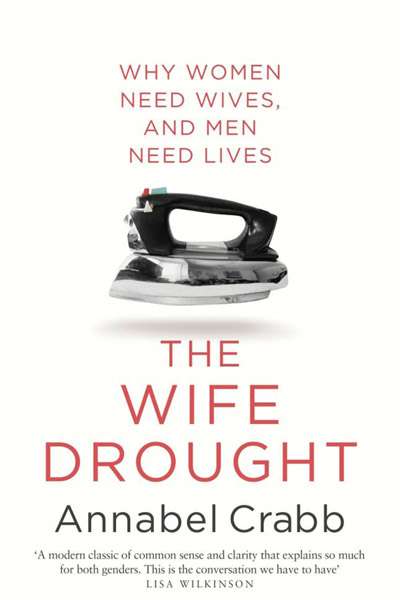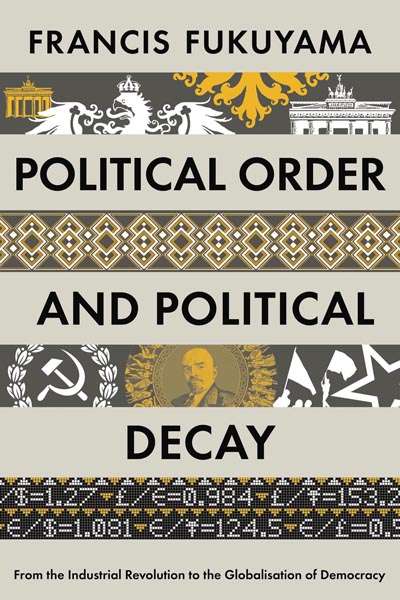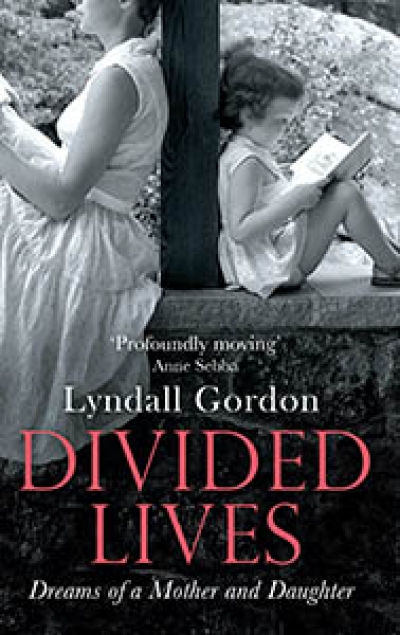Non Fiction
The Utility of Meaning: What Words Mean and Why by N.J. Enfield
Words and their meanings, more than any other aspects of language, hold a special fascination for people. Perhaps it is because, unlike these other features (which are set down during childhood), they continue to be acquired throughout one's lifetime. Words and their meanings are also intimately tied to the life and culture of speakers, and all sorts of perspectives ...
Why Acting Matters by David Thomson & Great Shakespeare Actors by Stanley Wells
Why Acting Matters has on its cover the face of an ape; well, actually it’s Andy Serkis playing Caesar, ‘the top ape’ in Dawn of the Planet of the Apes (2014). The point of this rather unexpected image from a movie not discussed in the book is, the blurb tells us, that ‘acting is baked into our primate DNA’. These two books, however, by elder ...
Lost Plays in Shakespeare's England edited by David McInnis and Matthew Steggle
‘The art of losing isn’t hard to master,’ Elizabeth Bishop once famously wrote; ‘So many things seem filled with the intent / to be lost that their loss is no disaster.’ Much modern technology seems designed specifically to counter this natural human propensity towards loss. We have key rings that respond obediently to their owner’s whistle, immediately ...
Sing, O muse, of the rage of the daemons, soulless sons of Hellenes, that have brought countless ills upon the Greeks. Sing, O Vrasidas Karalis of your descent into the Greek inferno and of the quarrels that have plagued our citizens. Sing, O brave soul, sing your reports from the Great Devastation.
Forgive my classicist sentimentality. How else to begin a r ...
Once, when it was the beginning of the dry but no one could have known it yet, Dad drove us west – out past ‘Jesus Saves’ signs nailed to box trees, past unmarked massacre sites and slumping woolsheds, past meatworks and red-bricked citrus factories with smashed windows, and past one-servo towns with faded ads for soft drinks no one makes anymore – until we reached a cotton farm.
We stood on the old floodplain listening to the manager in his American cap, a battery of pumps and pipes behind him, boasting how much water these engines could lift once the river reached a certain height. To the left, an open channel cut through laser-levelled fields to the horizon.
... (read more)Dick Hamer: The liberal Liberal by Tim Colebatch
Rupert (‘Dick’) Hamer proved to be one of Australia’s most innovative premiers. One sign of his unusual prestige is that this history of his life and times has perhaps been publicly praised more by Labor leaders than by his own Liberal colleagues.
Hamer’s family background was in the church, law, business, and politics. His paternal grandfather was the minister of the wealthy Independent Church (now called St Michael’s) on Collins Street, where he was distinguished for his highbrow sermons and the astonishingly high salary he received. Hamer was born in 1916 and was formally christened Rupert after a relative who had died at Gallipoli the previous year. He was a studious boarder at Geelong Grammar, eventually winning first class honours in three languages – Latin, French, and Ancient Greek. A school friend described him as never ‘fussed or flustered’. Those qualities remained with him. He could come home to suburban Canterbury after a turbulent week in parliament and sleep like a rock, then dig happily in the garden next morning.
... (read more)The Wife Drought: Why women need wives, and men need lives by Annabel Crabb
Why is it that women with supportive partners are still thought of as lucky, as if they have won a lottery? In the winter of 2012, Annabel Crabb ran into Tanya Plibersek, who had raised three children over the course of a successful parliamentary career with the help of her husband, a senior state bureaucrat. When Crabb commented on how fortunate they were to have helpful spouses, Plibersek replied, with characteristic dry wit, that she sincerely hoped they would be the last generation who needed to feel lucky about that.
... (read more)Political Order and Political Decay: From the Industrial Revolution to the Globalisation of Democracy by Francis Fukuyama
Forget the cliché about a week being a long time in politics. Two decades in this super-speed, globalised age is more than enough time, it seems, for even the ‘best’ political system to go pear-shaped.
A growing number of books in recent times have focused on the current travails of Western-style liberal democracy. Its litany of dysfunctions includes corrosive money politics, policy gridlock, and growing citizen uninterest. But it is Francis Fukuyama’s new book that best symbolises the current Zeitgeist of dashed hopes concerning the resilience of the West’s political system.
... (read more)William Shakespeare and Others: Collaborative Plays edited by Jonathan Bate and Eric Rasmussen
Shakespeare was commonly regarded by his Romantic admirers as a solitary figure, whose prodigious talents were linked in some mysterious fashion to his isolation from society and from his fellow writers. ‘Shakespeare,’ wrote Coleridge in 1834, ‘is of no age – nor, I might add, of any religion, or party, or profession. The body and substance of his works came out of the unfathomable substance of his own oceanic mind.’ Carlyle thought likewise; Shakespeare, he believed, dwelt ‘apart, in a kind of royal solitude; none equal, none second’ to his creative powers.
... (read more)Two thirds of the way into Lyndall Gordon’s part memoir, part maternal biography, there is an episode of profound risk to the self. At the age of twenty-four, having recently moved from Cape Town to New York, Gordon is being treated for post-partum depression. This is 1966. Electro-convulsive therapy seems not to have helped, and her psychiatrist is urging longer-term treatment in an asylum in order to turn her – so it seems to Gordon – into the self-sacrificing wife and mother her own mother had wished her to be. Her husband, who has hitherto supported Dr Kay, makes a sudden turn. ‘Do something with your life … I’ve always thought you could write biography.’
... (read more)

